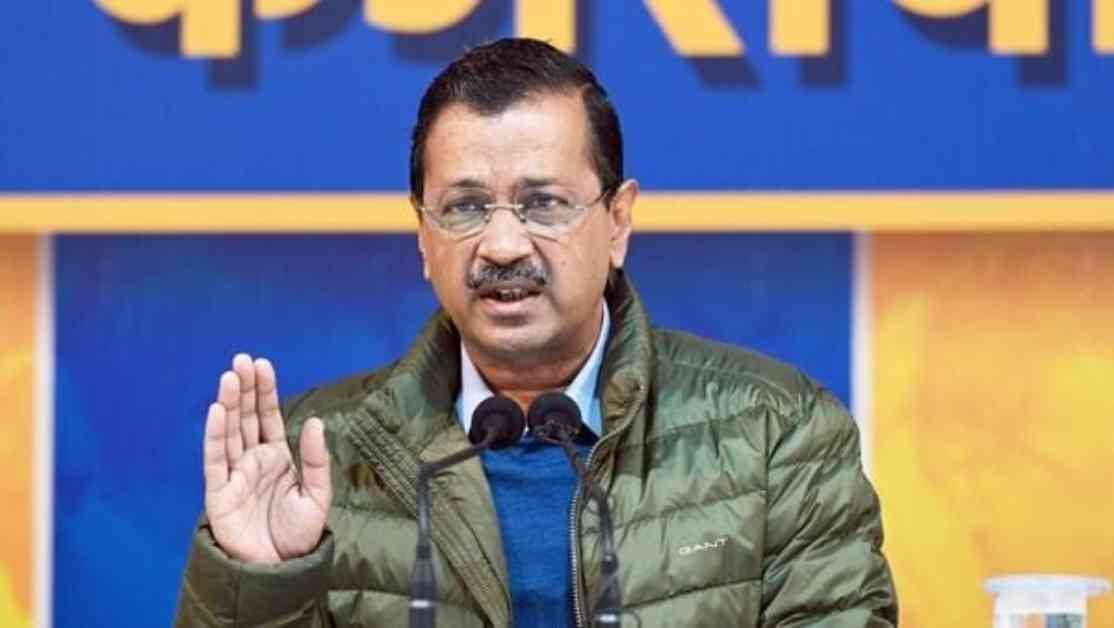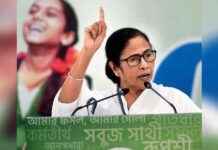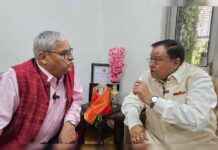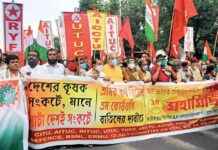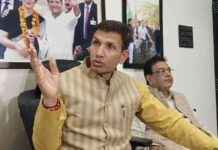Arvind Kejriwal, the prominent figure behind the Aam Aadmi Party, expressed his disappointment with the recent Union Budget for its lack of provisions to put an end to billionaire loan waivers. In his critique, Kejriwal highlighted the significant portion of the national treasury allocated towards these waivers, emphasizing the need for a shift in policy. As the tension mounts between the AAP and BJP just days before the Delhi Assembly elections, Kejriwal’s call for change in the budget echoes a broader sentiment of economic reform.
Voicing Disappointment and Proposing Change
Kejriwal’s dissatisfaction with the Union Budget stems from the absence of measures to curb billionaire loan waivers, a practice he sees as disproportionately benefitting the wealthy at the expense of the common citizen. He lamented the prioritization of these waivers over essential services and public welfare programs, underscoring the need for a more equitable distribution of financial resources. By advocating for a policy shift towards ending these waivers, Kejriwal aims to reallocate funds towards initiatives that directly benefit middle-class families, farmers, and small businesses.
Furthermore, Kejriwal suggested redirecting the funds saved from eliminating billionaire loan waivers towards relieving the financial burdens of the middle class. His proposal includes waiving home and vehicle loans, as well as reducing income tax and GST rates. By reallocating these resources towards broader economic relief measures, Kejriwal envisions a more inclusive and sustainable financial landscape that prioritizes the needs of the majority.
Budget Reforms and Political Responses
The presentation of the Budget 2025 by Finance Minister Nirmala Sitharaman marked a pivotal moment in India’s economic trajectory, with a focus on next-generation reforms. Sitharaman’s budget outlined key changes such as raising the FDI limit in the insurance sector and streamlining tax laws to foster growth and development. Notably, the revised tax slabs and exemption of annual income up to ₹12 lakh from income tax reflect a concerted effort to address the financial concerns of a broader segment of the population.
In response to the budget announcements, Kejriwal’s party colleague Sanjay Singh echoed his disappointment, particularly emphasizing the lack of tax relief for small traders earning up to ₹12 lakh. Singh reinforced Kejriwal’s proposal to recover the ₹16 lakh crore in loans waived for industrialists, arguing that redirecting these funds could lead to substantial reductions in GST and income tax rates. The call for equitable economic policies that prioritize the interests of ordinary citizens underscores the ongoing debate surrounding fiscal responsibility and social welfare.
As the political landscape continues to evolve amidst economic challenges, the clash of ideologies and policy priorities between different parties reflects a broader struggle for economic justice and equitable distribution of resources. The divergence in perspectives on budget allocation and financial policy underscores the complexities of governance and the competing interests that shape public discourse. Kejriwal’s advocacy for reform serves as a reminder of the enduring importance of transparency, accountability, and inclusivity in shaping the future of India’s economic landscape.
